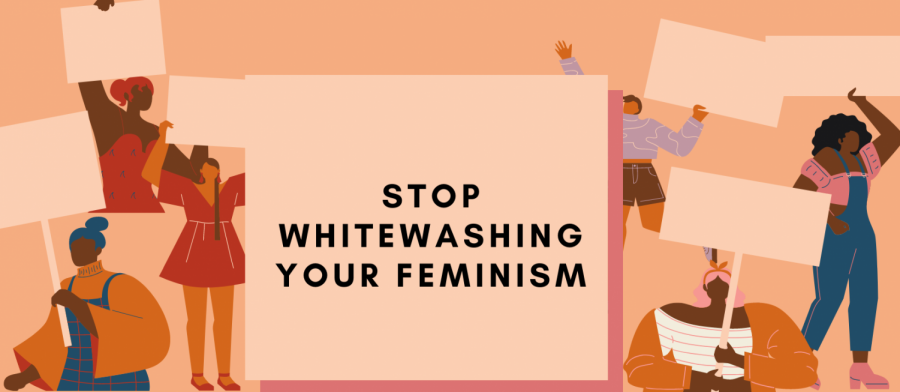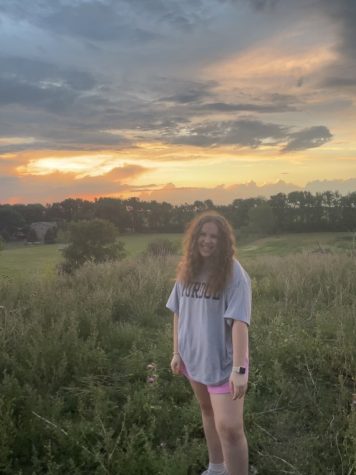Stop whitewashing your feminism
Does your activism benefit anyone if it only advocates for those who look like you?
March 26, 2021
There are countless forgotten victims of violence against women and most of them share one trait: they aren’t white.
Scrolling through Instagram last week looked the same for many; an endless supply of sympathy for Sarah Everard and posts regarding violence against women. And while this discussion of gendered violence is necessary, the major media coverage and widespread public concern following this specific incident highlight the lack of a similar reaction to violence against transgender women and women of color across the globe.
The femicides of Latin America claim astronomically high rates, while media coverage and public awareness of the issue is drastically low. According to Reuters, Latin America contains 14 of the 25 countries across the world with the highest rates of femicide, which claims the lives of 12 women every day in Argentina alone. The CSIS reports that 10 women are killed every day in Mexico, with the rate of femicide doubling in the past five years. This extensive violence against women extends past Latin America, however. Similar statistics are reported from many African and Middle-Eastern countries, where femicides have increased dramatically in recent years, while media coverage has not.
The U.S. has seen the murder of nine transgender women of color so far this year, although this fact is little known. And it isn’t a coincidence that the rise in the media coverage surrounding women’s rights has failed to mention these acts. Protests and news stories only became abundant when a white, cis-gender woman was killed, though her demographic actually faces these risks less than any other demographic of woman. The Institute for Women’s Policy Research finds that black women are at higher risk of sexual violence than women overall by a notable margin.
Bringing about conversations about rape culture and its embedment in society, along with believing sexual assault victims and the rhetoric we teach young girls are all vital to ending sexual violence. But, when the conversations only begin because a cis-gender, middle-class white woman was killed in a Western nation, further consideration needs to be given as to why all victims aren’t granted the same attention.
It may seem as though any acknowledgment of the disproportionate violence towards women is positive, but it isn’t quite that simple. Feminism has long been intertwined with colonialism, beginning with the first wave of feminism and the comparison between the struggle of being a woman with that of slavery and therefore the use of the inhumanity of slavery for their own benefit. The continuation of this trend with the disregard for violence against women of color only perpetuates the benefit that feminism has given exclusively to white women. In order to redefine feminism, the rights of women of color must also be included, meaning the same reaction given to victims such as Sarah Everard must be provided for them.
The outrage and devastation for Sarah Everard and her family must continue. Though, this same outrage must be expressed for every victim of gendered violence, no matter their gender identity or race. Feminism is not feminism until it includes all women. Whether it is a real conversation or simply an Instagram story, recognition of the threats facing women of color is necessary to not only end violence against women but to truly create an effective definition of feminism as we know it.










marge • Mar 30, 2021 at 10:07 am
queen.